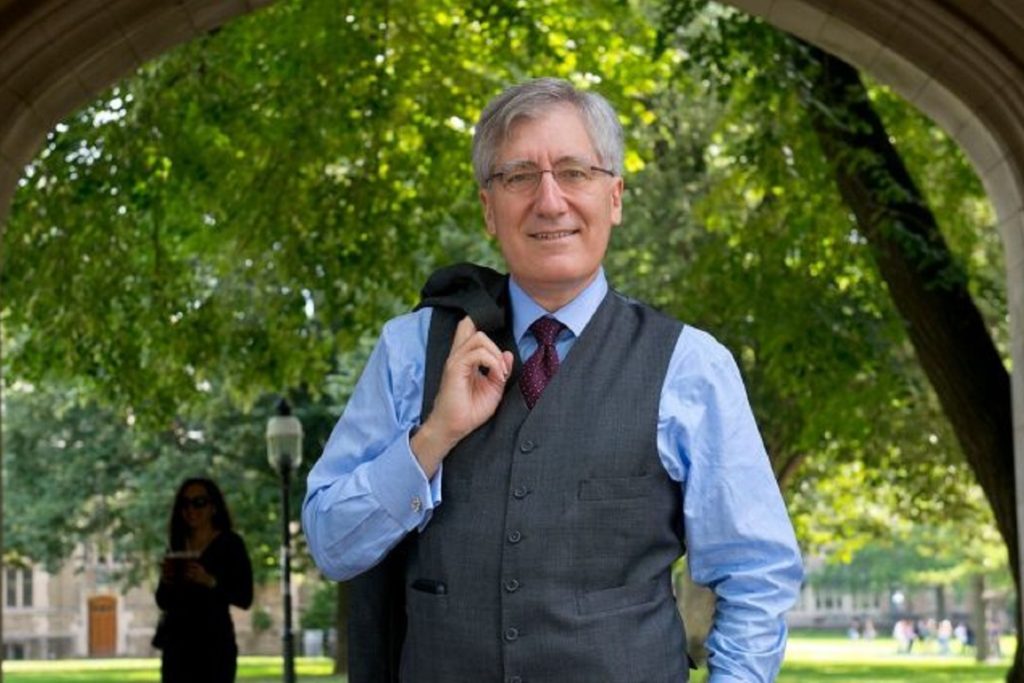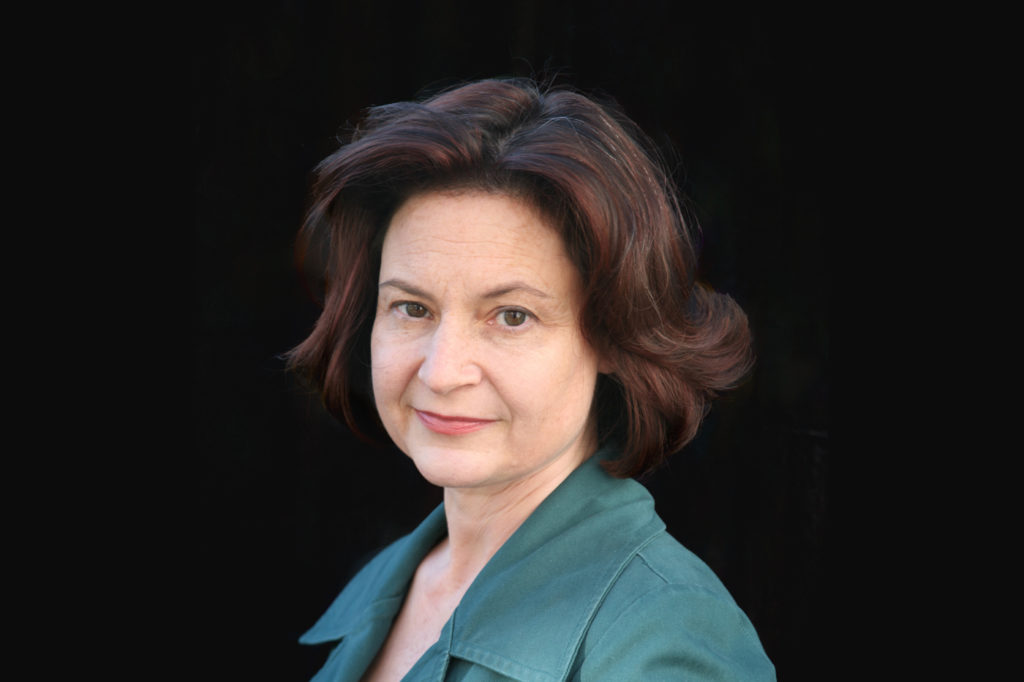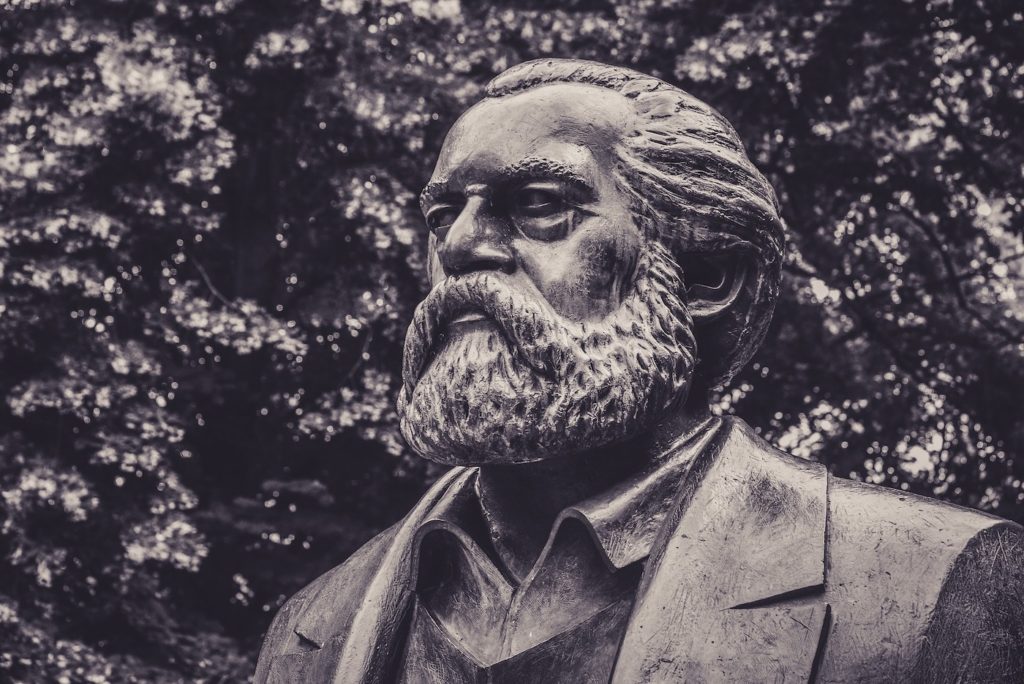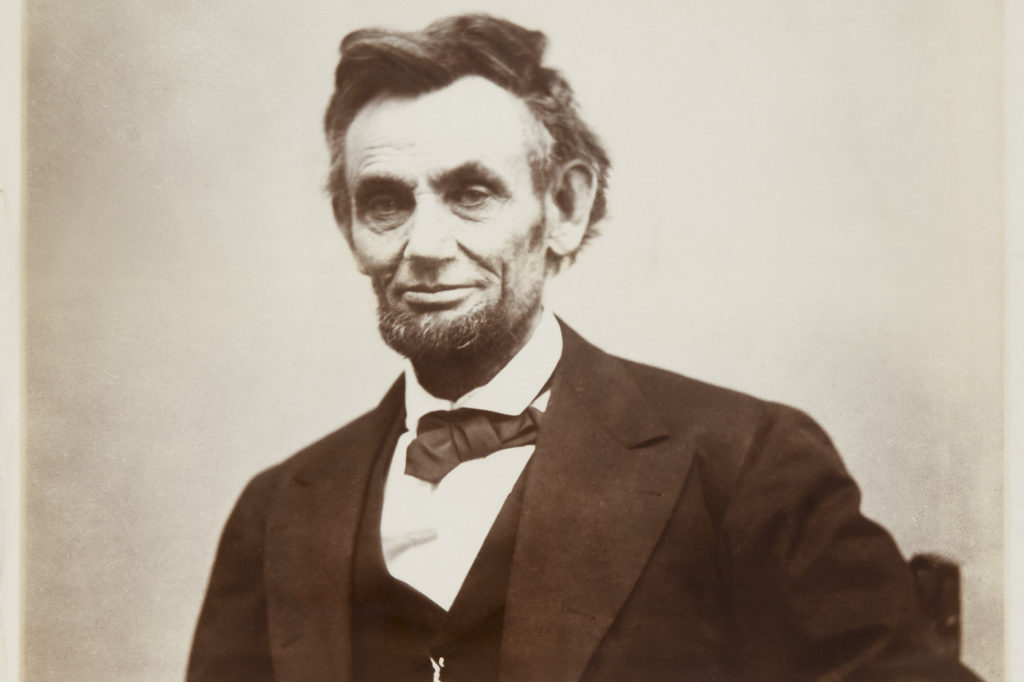From the Archives: Can We Still Reason Together? A Conversation with Robert P. George

Where there is a mutual commitment to truth and truth-seeking, relationships can be built between religious believers and secularists, and they can indeed reason together. The minimum condition is this: interlocutors, however wide and deep their substantive philosophical or other differences, need to share the conviction that business between them is to be conducted in the proper currency of intellectual discourse—namely, reasons, evidence, and arguments.
From the Archives: Faith, History, and Politics: A Transatlantic Conversation about the Role of Religion in the American Story

“Much American (and British) media depiction of faith—sadly, but perhaps inevitably – tends to be primary colored, inadequately nuanced, and at odds with what I have found to be the case from my fifty years’ engagement with the United States.” An interview with the British historian of America, Richard Carwardine.
From the Archives: Erika Bachiochi on the Future of Pro-Life Feminism

The question that divides us is how we ought to respond to reproductive asymmetry: the reality that women carry disproportionate burdens due to our special role in human reproduction. What makes one a feminist is the view that this basic inequality at the heart of reproduction is one that deserves, in justice, an affirmative cultural response. We wish not only for maternity to be celebrated for the true privilege it most certainly is, but also for women to be encouraged and supported in other contributions they make. This requires that the burdens of childbearing ought to be shared not only within the family, but also across the wider society too.
From the Archives: Conservatives Should Embrace Labor Unions

If we think there’s too much government regulation, then the authentically conservative solution is not to say, “Well, let’s just try to operate a landscape of isolated individuals jostling in a competitively economic marketplace,” but “Let’s create institutions of countervailing power so that where exploitation is happening, the people themselves are equipped to resist it, and the government doesn’t need to intervene to fix it.” If designed correctly, a system of sectoral labor unions can actually help achieve the conservative goal of limited government.
From the Archives: Mary Eberstadt on What Plagues the West

“Post-revolutionary men and women are living in ways that are profoundly unnatural for the ineradicably social creatures that we are; and many are suffering as a result, at times without even knowing the name of what ails them. This preoccupation, and the desire to do something about it, continues to shape my work.”
New, Old, and Obscure: Public Discourse’s 2021 Book List

Reading recommendations from The Witherspoon Institute’s staff.
Deconstructionist, Deconstruct Thyself

The human soul is marvelously complex. Anyone who thinks he can definitively disentangle another author’s motivations—let alone his own—is fooling himself. He is engaging less in scholarly inquiry than self-projection. Only by listening attentively to others can we instruct our minds and enlarge our souls.
The Forgotten Tragedies of the Christmas Story

Christ’s advent is an astonishing story of God’s power and light breaking into our darkness, doubt, and suffering.
Is Marxism Self-Defeating—or Self-Fulfilling?

Sunday marks exactly three full decades after the fall of the Soviet Union. This anniversary arrives at a portentous time when Marxist critiques of capitalism is becoming relevant again. Marx’s legacy is hard to pin down because his influence is paradoxical. The measures Marx influenced “tamed” the excesses of laissez-faire capitalism and removed the need for revolution; yet his influence has led to the fulfillment of considerable portion of his programme.
Maintaining Faith Amid Modern Malaise: A Conversation with Public Discourse Contributing Editor Devorah Goldman

I think PD is doing important work in addressing modern spiritual challenges: even just acknowledging such problems from an explicitly religious perspective can hopefully get us closer to mitigating them. Both Judaism and Christianity also engender a kind of humility, as we look to the past for wisdom and acknowledge our indebtedness to those who came before us.
How Can Education Unite Us Rather than Fragment Us?

As recent debates about critical race theory in education demonstrate, trying to solve social problems while neglecting universally recognized virtues acquired through self-mastery—virtues like hope and love—not only fails to build democracy, it also makes us angry, anxious, depressed, and divided. Educators should not ignore historical complexities and conflicts, but they also need to teach students about the universal principles that unite us and sustain the hope needed for social harmony.
Public Discourse and the Need for Reason, Good Government, and Moral Realism

The texts I reflect on illuminate core themes of Public Discourse’s work: cultivating a proper understanding of reason, appreciating the indispensability of moral formation, and framing law around eternal moral truths. I was deeply honored and delighted when R. J. Snell and the current editorial team invited me to join them as a contributing editor, and I look forward to more conversations to come.
Why the Supreme Court Hasn’t Ruled (For Now) on Vaccine Mandates

Plaintiffs have filed lawsuits arguing that mandates without religious exemptions violate their free exercise of religion. Given the thorny legal questions involved, and the possibility of inflaming the polarized situation further, the Supreme Court will likely allow the issue to percolate in the lower courts and resist the invitation to rule on whether the First Amendment requires religious exemptions to COVID-19 vaccines.
Resisting Impossible Career Choices: My Family’s Move to the Farm

Rory Groves argues in his 2020 book, Durable Trades, that we should secure careers that will see us through from entry to retirement while supporting—rather than opposing—the relational and economic development of our families and communities. In my family’s case, farming was a way to enjoy the benefits of a durable trade while making up the gap between a single income and a double income.
On State Powers

Chief Judge Jeffrey Sutton’s new book, Who Decides?, provides a powerful argument for ordinary people who feel powerless in their ability to affect the course of national politics. State constitutions provide an alternative venue for meaningful political change and are an important way to exercise constitutional self-government.
The Bad Old Days: How Scientism and Market Logic Corroded the Family Long Before the Sexual Revolution

American “family values” before the baby boomers and Roe v. Wade and second-wave feminism were shaped more by modern notions of industrial progress than by eternal truths about the human person. The sexual revolution emerged from axioms that had already permeated the mainstream for decades. Even among social conservatives, those axioms still shape our discourse about the family today.
The Soul of Politics: Harry V. Jaffa, Prudence, and Statesmanship

In his recent book, Glenn Ellmers argues that the political philosopher Harry V. Jaffa can help us meet the manifold challenges of the crisis of the West. Jaffa’s teachings on statesmanship and prudence provide a path to reverse America’s decline.
Ratzinger’s Cross

The second and final volume of a biography of Benedict XVI focuses on his place in addressing the crises shaking both the post–Vatican II Catholic Church and the West more generally.
Why Liberals Should Embrace (a Bit of) Social Conservatism

When it comes to climate change, liberals are correct. Yet they fail to see how the same arguments they use for climate action—acting in the face of uncertainty, limiting individual choice for the common good—can also be used to justify a bit of soft social conservatism.
Augusto Del Noce and The Problem of Atheism

Augusto Del Noce is the most important thinker we don’t know. Del Noce viewed The Problem of Atheism, his essay collection that will be made available in English early next year, as the cornerstone of his scholarship.
The Bookshelf: The Comfort Food of Series Fiction

When the hits keep on coming, it’s difficult for series writers to resist the market demand. Success builds the writer’s treadmill, and it can lack an “Off” switch. Perhaps “keep them coming back for more” should be replaced as the series writer’s motto by “make them wish there had been more.”
Mourning Could Cure Us of Consumerism’s Hyperreal Delusions

Houses of mourning allow us to see hyperreality for what it is: fake. Suffering leads us to ask questions that go beneath life’s surfaces and pushes us to become seekers, not just consumers.




